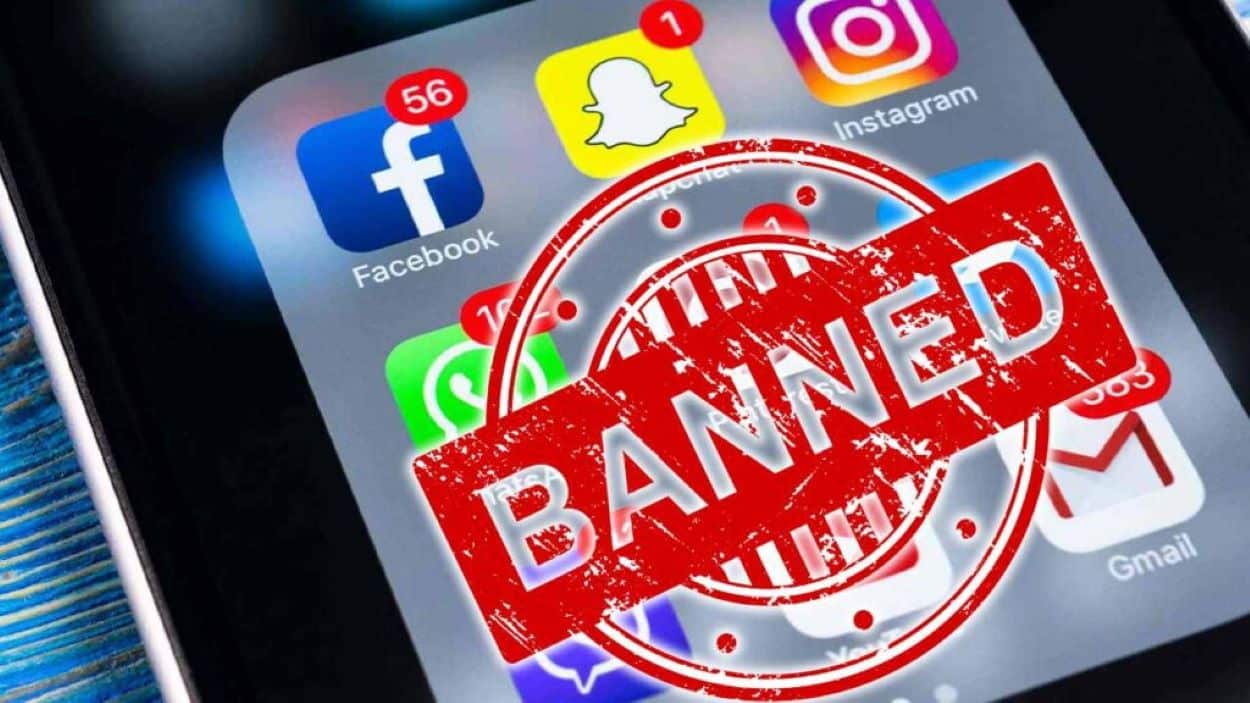An Australian government report has highlighted concerns regarding selfie-based age verification software that will help enforce Australia’s social media ban for teens, set to take effect in December 2025.
According to Reuters, Australia’s Online Safety Amendment Act, passed in November 2024, prohibits users under 16 from accessing social media sites, including Instagram and YouTube. Platforms that fail to comply with the rules can be fined up to A$49.5 million ($32 million). The ban aims to protect young users from online harm. To enforce this, platforms utilise age-check technology that was tested in a 2025 trial.
The report released on August 31, 2025, found that selfie age checks generally work well for users over 19. However, accuracy drops significantly for users near 16, particularly for non-white users and teenage girls. 16-year-olds have an 8.5% chance of being wrongly identified as underage. This may mean extra ID checks or parental approval. The trial tested 60 technologies from 48 companies.
Australia said it will add YouTube to sites covered by its ban on social media for teenagers, reversing an earlier decision to exempt the Alphabet-owned video-sharing site and potentially setting up a legal challenge https://t.co/p2JbIkJWha pic.twitter.com/PojqkcE5Dv
— Reuters (@Reuters) July 30, 2025The technology struggles in a “grey zone” for users within three years of the 16-year age limit. Older adults, non-white users, and females have higher error rates, according to the report. This could unfairly block some users and raise concerns about privacy and fairness. Social media expert Justine Humphry warned, “The mixed accuracy is worrying for a system that must be ready by year-end.”
Google Fined $35.8M in Australia for Anti-Competitive Search Deals
Platforms must take “reasonable steps” to block users under 16 or pay big fines. The report suggests that additional steps, such as ID checks, may be necessary, which could make using social media more challenging. Meta and YouTube, which have 3.2 billion and 2.7 billion monthly users worldwide, must act quickly. Breaking the rules could harm their money and reputation.
Communications Minister Anika Wells defended the trial, saying, “It shows many good options exist, and privacy can be kept safe.” However, experts doubt the ban can start in December as planned. The trial’s results align with global studies, such as one by NIST, which show that age checks are less accurate for individuals with darker skin and young women.
The ban follows global efforts to protect young people online, such as the UK’s Online Safety Act. Australia’s trial, which tested over 28,000 facial age checks, sets an example. Still, accuracy problems might delay enforcement. Since 70% of teens use social media daily, ensuring the rules are fair is crucial.






